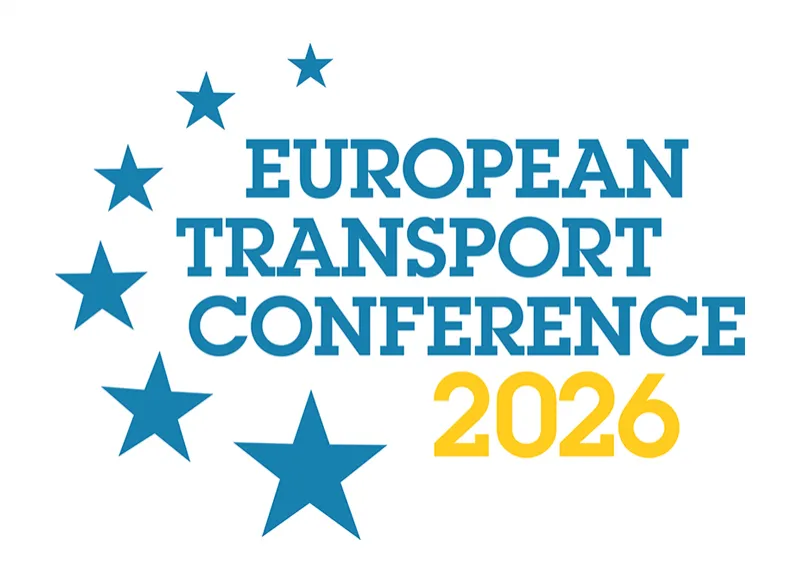For the second year, the European Transport Conference (ETC) was hosted by the University of Antwerp in Belgium.
Our flagship annual event was held for the 53rd time. Over 500 delegates joined and were presented with a programme full of presentations, keynotes, side events, technical visits, exhibition stands and opportunities for networking and social interaction.
The main body of the conference consists of multiple streams of sessions where delegates present their research, best practices and learnings. Topics include aviation, data, freight & logistics, global trends impacting transport, intelligent mobility, local public transport, planning for sustainable land use and transport, rail policy and planning, transport economics, finance and appraisal, and transport models. This part of the programme is shaped by twelve Programme Committees that set the conference themes and select the papers from submitted abstracts.
The conference kicked off with keynotes by Kathleen van Brempt (member of the European Parliament) and Filip Boelaert (secretary-general of the Flemish Ministry of Transport) on the current political climate and what that means for transport, a topic that resonated throughout the conference. Ms van Brempt spoke on the importance of solidarity and alliances in Europe in turbulent times, highlighting the key role for large ports like Antwerp. Mr. Boelaert spoke about the balancing act Flanders faces between security, sustainability and competitiveness in a rapidly changing world and how they incorporate that in their mobility vision.
Special sessions included several panel discussions, a PhD workshop, a networking session, a system dynamics workshop and the traditional informal AET Transport and Mobility Forum debate, organised in cooperation with the Young Researchers’ and Practitioners’ Forum (YRPF). Titled “Transport Planners vs. ChatGPT”, the debate encouraged lively discussion on topics such as car-oriented urban transport and the use of public space. Participants not only exchanged their own views but also reflected on the answers generated by artificial intelligence.
Key feature of our conference is bringing together academics, practitioners and policy makers and people at all stages of their career. The rooms, hallways and social events where filled with people from all parts of Europe and beyond, of different ages and backgrounds and working on a broad range of transport topics. The atmosphere was informal, fostering interaction and making the conference informative and inspiring as well as enjoyable.
Further news on specific elements of the conference, including the awards presented to best papers and extraordinary achievements will be issued shortly.











